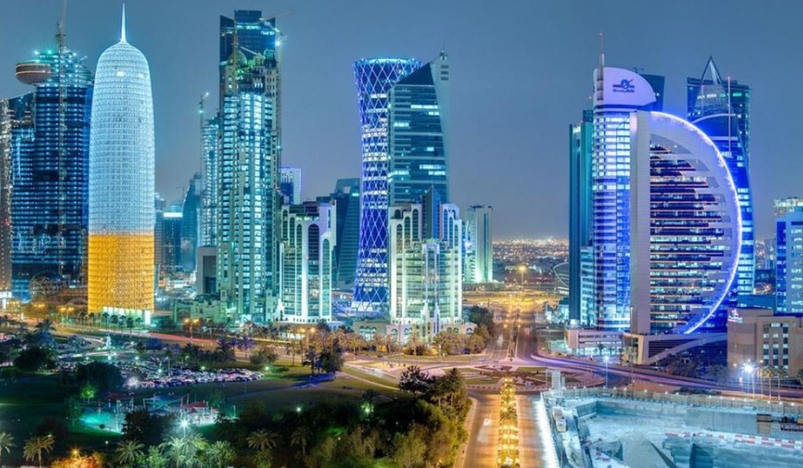
Night life in Doha
Qatar Calendar House announced that today evening, the red planet (Mars) will look shinier and bigger than in normal days through its dawn on Friday. This is because Mars will reach the closest point of Earth during the morning of Thursday, 14 Jumada al-Awwal 1444H, 8 December 2022 at 08:35 am Doha Local Time, Mars will be in position facing the Sun in a phenomenon known astronomically as the phenomenon (Mars opposite Sun Transit).
Qatar Calendar reported that the phenomenon of the convergence of Mars with the Sun is an important astrological phenomenon as it provides a good opportunity to observe and see Mars from the Earth's surface with the naked eye or with astronomical devices for the longest period of the year, As Mars will be visible almost all night because its dawn and dusk time will be about the same as sunset and sunrise, In addition, Mars' access to the Opposite Sun Position is the appropriate time to study the details of its surface from the Earth's surface, and during that phenomenon, it makes it easier for specialists to get high-quality images showing the features of the Martian surface as it approaches Earth.
During that phenomenon, Mars would be at the farthest point of the Sun and would be at a distance of approximately 229.5 million from the Sun's center, while it would be at about 82.3 million km from the Earth's center.
It is understood that during the alignment phenomenon of Mars with the Sun, the center of each of the three celestial bodies (Mars, Earth, and the Sun) will be on a single straightening line, with Earth falling in the middle between Mars and the Sun, and Mars will be right across the Sun.
Mars is the first goal of astronomers to study the possibility of life on planet, because it is so like Earth, that scientists think of the viability of its surface, which has led scientists to send many spacecraft to study the details and composition of Mars' surface.
Mars is the fourth planet away from the Sun, and Mars completes a full cycle around the Sun (year-long) in approximately 687 days, with two moons, Phobos and Deimos orbiting it.
(QNA)
.jpg)
Qatar Secures Place Among the World's Top 10 Wealthiest Nations
.jpg)
Hamad International Airport Witnesses Record Increase in Passenger Traffic

Saudi Arabia: Any visa holder can now perform Umrah

What are Qatar's Labour Laws on Annual Leave?
Leave a comment